Welcome to the New Frontier of Regenerative Medicine
September 2021
Passion. Ingenuity. Adaptability. An entrepreneurial spirit is at the heart of what makes the University of Colorado Anschutz Medical Campus so unique. From our world-class hospitals to our state-of-the-art laboratory research and biomanufacturing facilities, we bring together the scientific leaders of tomorrow to create therapies for today, right here in our own backyard.
We’re making great strides in the field of regenerative medicine at the Charles C. Gates Center for Regenerative Medicine at the CU Anschutz Medical Campus. This first-of-its-kind hub of innovation, created by engineer, visionary and philanthropist Charlie Gates, explores new frontiers in stem cell therapies to help patients facing a wide range of conditions and diseases. And our multidisciplinary approach to involve as many researchers and clinicians as possible helps accelerate discoveries from the lab.
The Gates Center’s emphasis on collaboration with its members, campus partners and others to support the acceleration of scientific discovery into clinical application is vital to our goal of building a global medical destination in Colorado.”
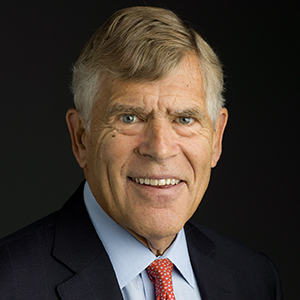
Donald M. Elliman
Chancellor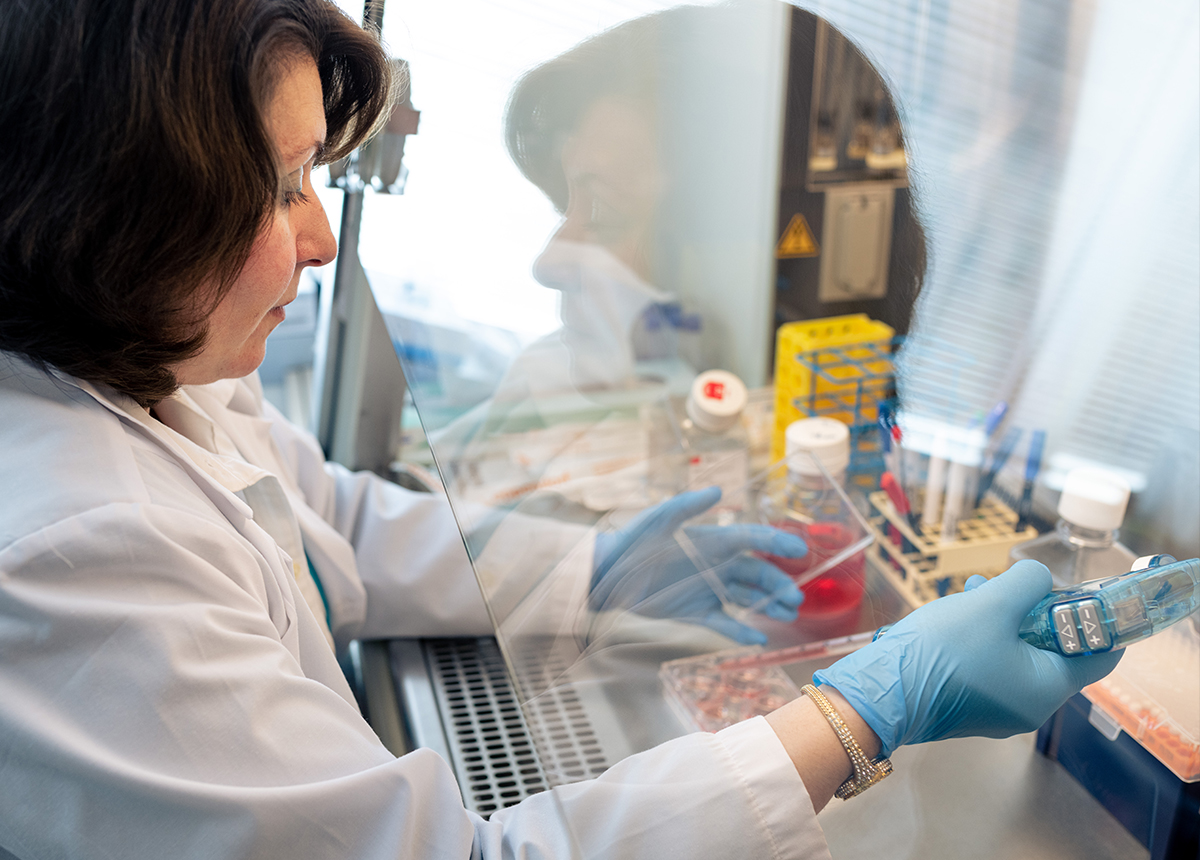
We believe stem cell technology can fundamentally change the future of healthcare. At the high-tech Gates Biomanufacturing Facility, our faculty and collaborators are pushing the boundaries of what’s possible, transforming medicine by creating new therapies that can repair, replace or regenerate damaged cells in the body. Imagine being able to reverse injuries and diseases like heart disease, skin disease, cancer, diabetes, or even spinal cord injuries, all through the power of stem cells.
“When I came to CU Anschutz, it was almost like I felt the frontier of science had moved,” said Dennis Roop, PhD, director of the Gates Center for Regenerative Medicine and Charles C. Gates Endowed Chair in Regenerative Medicine and Stem Cell Biology. “What draws me to this work is its potential – to see how fast and how far we’ve come. There’s nothing like getting up in the morning and being excited about going to work because you realize we’ve barely scratched the surface.”
Philanthropy allows us to focus on developing high-risk, high-reward therapies and diagnostics. The research being done on our campus shows great promise, and that is due in large part to the leadership and vision of our benefactors.
Progress in medical science depends on the development of and investment in regenerative medicine. This is the future of medical research, and it takes time, work and patience to be successful. CU Anschutz has become a major national center for regenerative medicine research and that success depends completely on attracting and retaining top talent. We’ve seen some wonderful things emerge in the field of regenerative medicine on this campus, which is made possible by philanthropic gifts – there’s no other way to get it done."
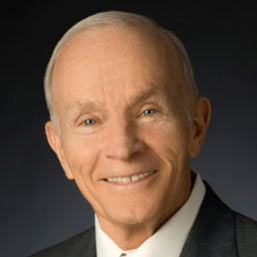
Dan Ritchie
BenefactorOne exciting area of research discovery is in our efforts to find effective treatments for Ehlers-Danlos Syndrome (EDS), a rare group of genetic disorders that affect the elasticity of connective tissues, or the “glue” that holds the body together. It’s a painful and draining disease that attacks the body, primarily involving the skin, joints and blood vessel walls.
While there are 14 distinct types of EDS, the hypermobile form is the most common, and the majority of symptomatic patients are women. There are also a number of complex medical issues that can occur, from cardiac and GI problems to chronic joint pain and impact on mental health. Historically, it’s been extremely difficult for people with EDS to find the best treatment plan as they are passed around from different physicians and specialists who often misdiagnose the disease. Enough is enough.
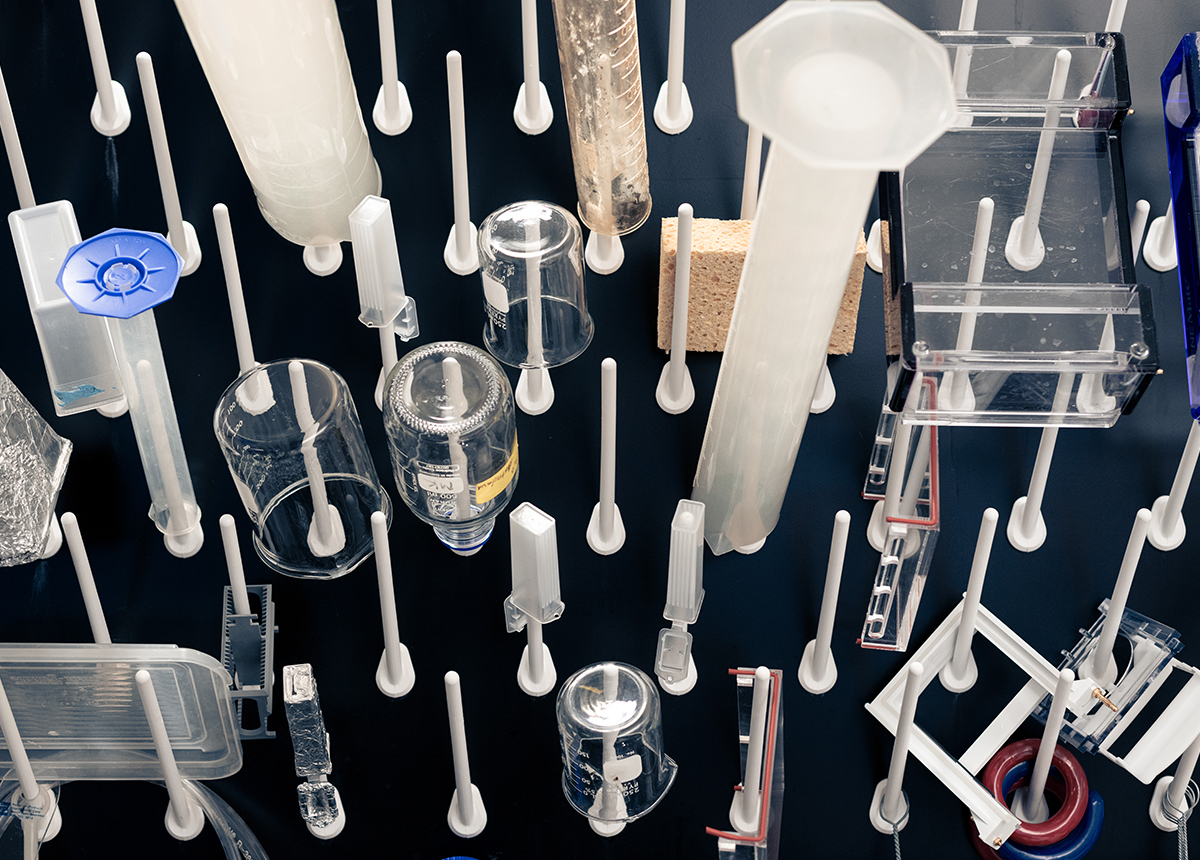
Thanks to philanthropic and institutional support, the dream of creating a patient-centered research and clinical program focused on EDS is now a reality. In 2019, the Ehlers-Danlos Syndrome Center of Excellence was established at the Gates Center through a partnership with Children’s Hospital Colorado and the CU School of Medicine. The goal? To better triage EDS patients now while our researchers come up with targeted treatments to alleviate their symptoms.
A critical component of the EDS Center of Excellence is the translational research program, which leverages existing campus resources and partnerships including the Gates Center and the Colorado Center for Personalized Medicine. The research program is led by Roop in partnership with Ganna (Anya) Bilousova, MD, co-director of the EDS research program, and Igor Kogut, MD, associate director of the EDS research program.
“By establishing a translational research program, we intend to maintain our position at the leading edge of EDS care by driving innovation and developing treatments of the future,” said Roop.
In looking at the genetic information of patients, our researchers at the Gates Center will be able to inform future therapies in the lab that, in turn, can change lives back in the clinic.
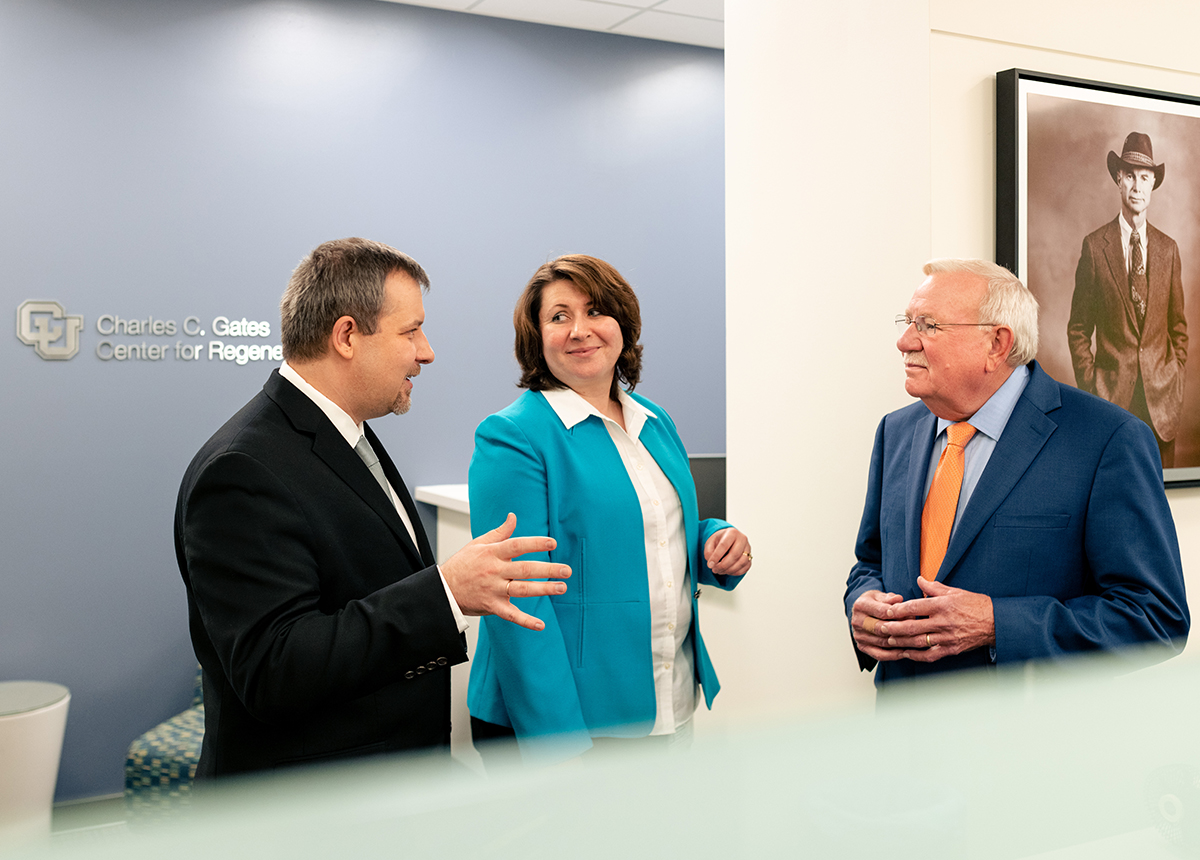
“Specifically, we’re collecting skin cells from multiple patients that indicate a possible mutation for the hypermobile form of EDS,” said Kogut. “We’re doing a genetic sequence on patients and their family members to find out what in the patient’s genome is different compared to their relatives who are unaffected. What motivates us is knowing that our work can one day give patients who deal with these debilitating diseases a better quality of life.”
To date, six families have participated in this EDS research with a total of 21 individuals being fully sequenced. “The applications of our work are so exciting and inspiring because they give hope to patients who have unmet medical needs,” said Bilousova. “It’s an honor to collaborate with Drs. Kogut and Roop as we work to move this important research into clinical practice.”
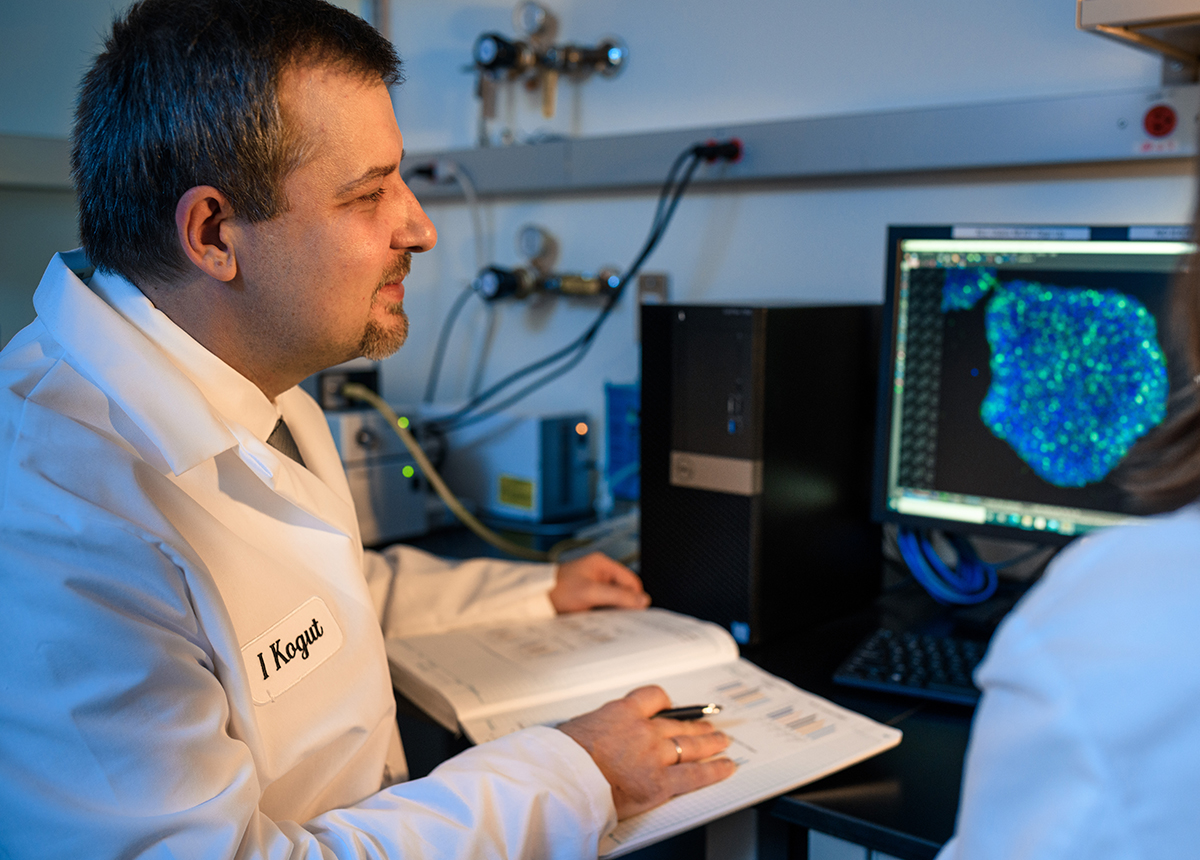
At CU Anschutz, we’re committed to doing more for patients. Because of generous community support, we’ve been able to attract top talent and grow our expertise in cellular therapy and protein products for use in clinical trials. That’s what makes continued funding for regenerative medicine even more important. By unlocking the potential of stem cells, we can speed the translation of new discoveries and develop novel therapies for patients, turning science fiction into a reality.
Exception occured while executing the controller. Check error logs for details.
CU Anschutz Fund for Excellence
To provide a flexible funding source to address CU Anschutz's most promising priorities in support of research, education and patient care.